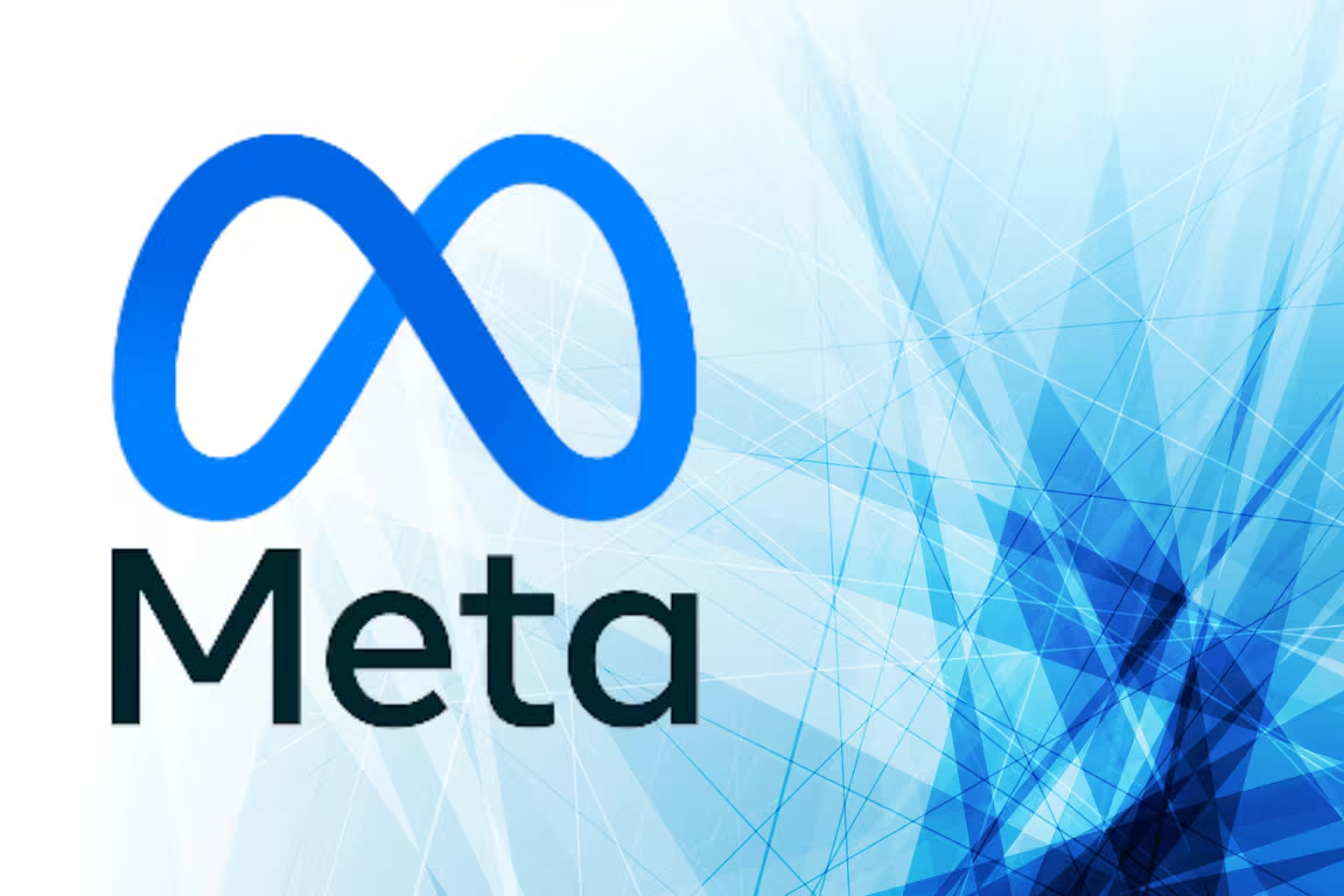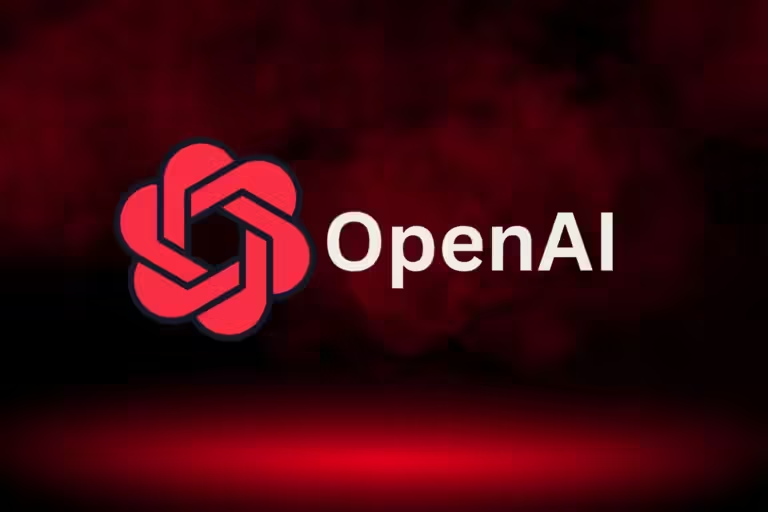
Meta Gears Up with $65 Billion Investment to Dominate AI
Meta plans to spend $65 billion in 2025 to expand its AI infrastructure, surpassing last year’s $38–$40 billion expenditure.
Meta Platforms, run by CEO Mark Zuckerberg, has announced a major $65 billion investment for 2025 to lead in artificial intelligence development. This plan aims to improve AI systems, hire the best people, and build advanced facilities to stay ahead of strong rivals like OpenAI and Google.
A key part of this project is building a large data center with more than 2 gigawatts of power, which will be about the same size as Manhattan. Meta hopes to expand its Nvidia GPU collection, expecting to have over 1.3 million graphics processors by the end of 2025, providing 1 gigawatt of computing power.
Zuckerberg stated in a post, “This will be an important year for AI.” He pointed out how AI affects Meta’s main goods as the company incorporates AI into its services.
Meta made this statement as big tech companies are investing more. Microsoft wants to invest $80 billion in building data centers by 2025, and Amazon expects to spend over $75 billion on AI. The $500 billion Stargate project involving OpenAI, SoftBank, and Oracle increases competition.
Analyst Insight
Analyst Gil Luria says “Zuckerberg is clearly saying that Meta does not want to fall behind in the AI competition.” Meta is eager to take the lead in the AI business because of strong competition from Stargate.
Meta stands out because it offers its Llama AI models for free and makes them available to everyone. The company is improving its place in the AI field by using new technologies like AI-powered Ray-Ban smart glasses and Meta’s chatbot.
Zuckerberg expects that Meta’s AI helper will grow to more than 1 billion users by 2025, up from 600 million in 2024. Meta wants to spend $60–$65 billion to build up its AI systems, which is a big jump from the $38–$40 billion it spent last year.
This strong funding shows that Meta is committed to leading in the AI field. Zuckerberg wants to drive global AI changes by improving infrastructure, using open-source models, and taking advantage of Nvidia GPUs.

